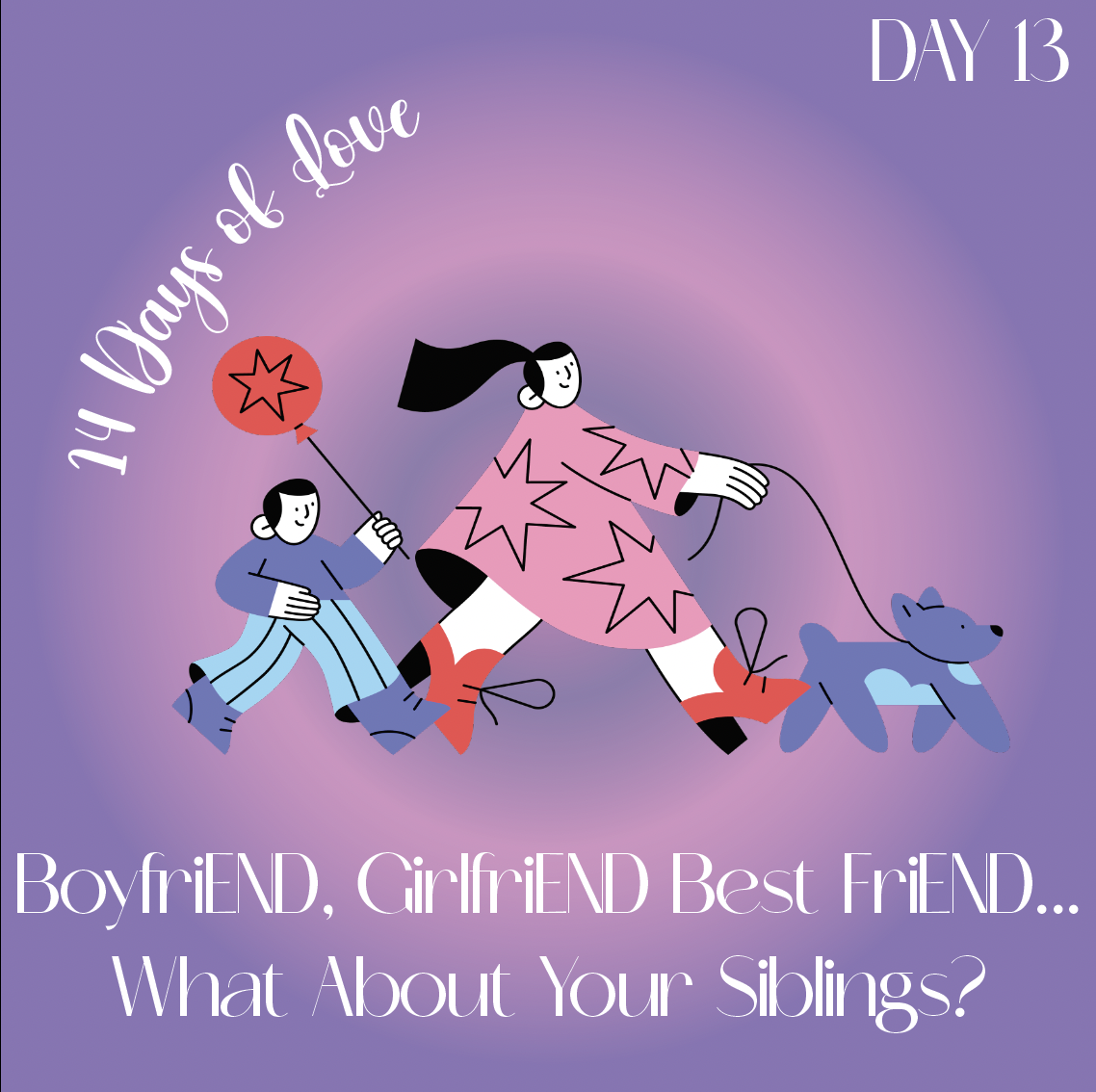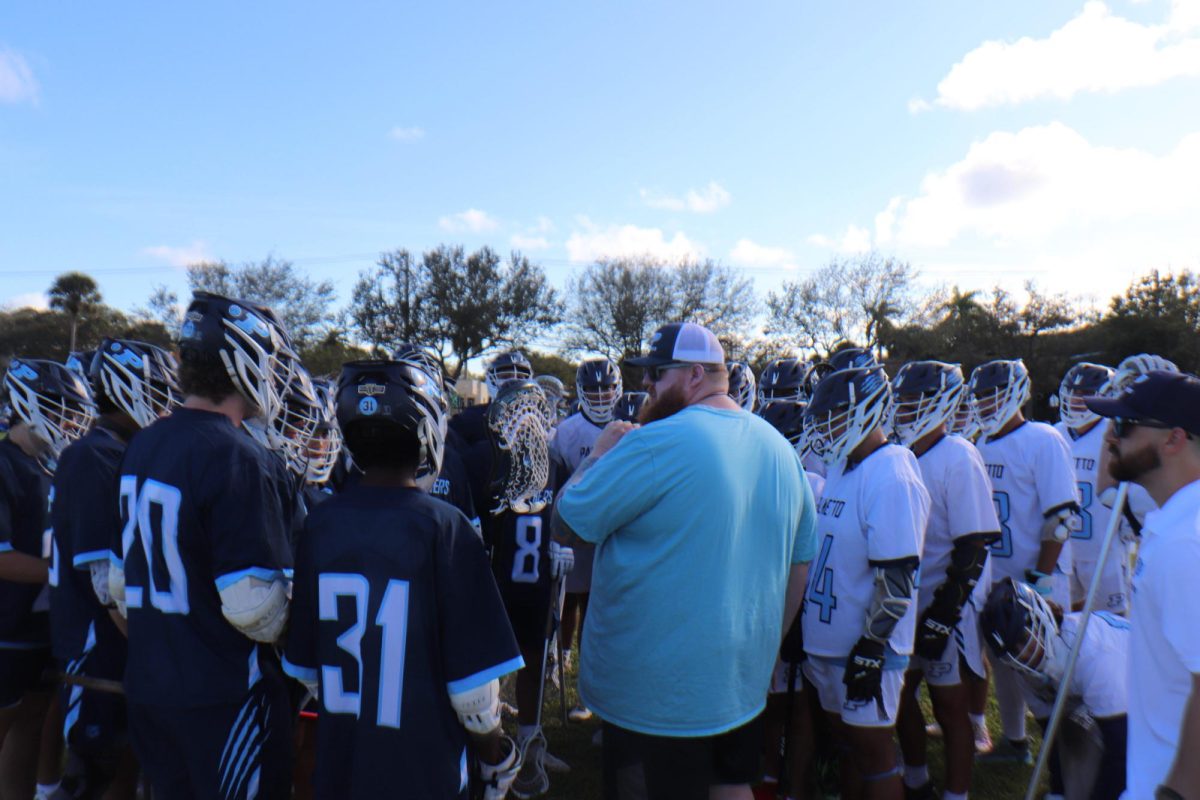My brother and I really tick each other off. Our dynamic is one that millions of other older-sister-younger-brother sets of teenage siblings share: I drive him around, he screams at me for walking in his room while playing “Madden” or “FIFA” on Xbox with his friends, we share painful schleps to school at 7 a.m. listening to our favorite rap music, his left arm pokes me in the side at the dinner table, I yell at him for taking too long in the shower or using my hairdryer; honestly, the list could go on forever. I am genuinely convinced his favorite activity involves using all different types of creative curse words and insults to get me to leave him alone. It is safe to say our sibling love is definitely on the tougher side, but out of every other person on this planet, I know he is the one who will stick by my side in the long run.
As much as it pains both of us to admit it, we are cut from the same cloth. I like to call him “ñaño,” the Quechua word for “hermano” in Spanish, or “brother” in English. The term, as well as its feminine counterpart, “ñaña,” stems from the Indigenous language of Quechua, the most spoken indigenous language in all of South America, originating in Central Peru and branching out to other Andean regions. Our Ecuadorian side of the family does not shy away from these words, and I have known no different for most of my life. It is more likely to hear my dad, aunts and uncles call each other “ñaña” and “ñaño” on a regular basis than “hermana” or “hermano.” The word is significantly more endearing than the traditional word for “brother” or “sister,” and as much as Simon complains about me calling him this, it is how our cookie crumbles.
Despite the give-and-take of our relationship, my mom has always been the neutralizer of all the chaos. Every now and then, whenever either of us becomes especially irritated with the other in front of her, my mom always says, “you know guys, girlfriends and boyfriends come and go, people get divorced, best friends move away, but you two will have each other until the very end.” She then follows up the comment with the anecdote about my great grandma’s passing, and that she remembers the very moment when Grandma “Hettie” Hunter’s siblings walked in the room at her funeral, and it was as though Hettie had come along with them. They looked like her, spoke like her and shared her mannerisms. Every time she tells this story, my brother and I listen attentively and stop our pointless bickering about who used whose towel the night before.
Research shows that children spend more time outside of school with their siblings than anyone else, including parents and friends. These studies also show that aside from all the people one encounters and associates with throughout their lifetime, siblings are those they share the most years with. Who knew there would be cold-hard evidence of the fact that yes, you really are stuck with each other.
With this in mind, it is so important that if given the privilege to have a sibling, no matter how much they may annoy you on a day-to-day basis, we prioritize cherishing the value of a sibling’s love — though they may show it in their own ways. Embrace the dynamic, no matter how chaotic or reserved; siblings truly are our mirror images and the ones who reflect the true meaning of family.
















